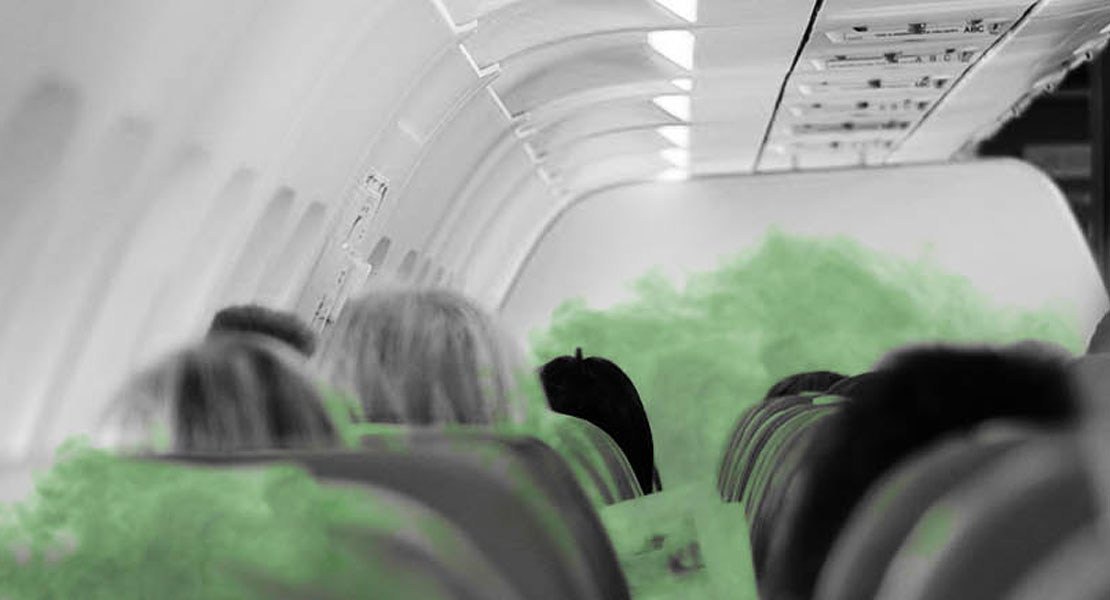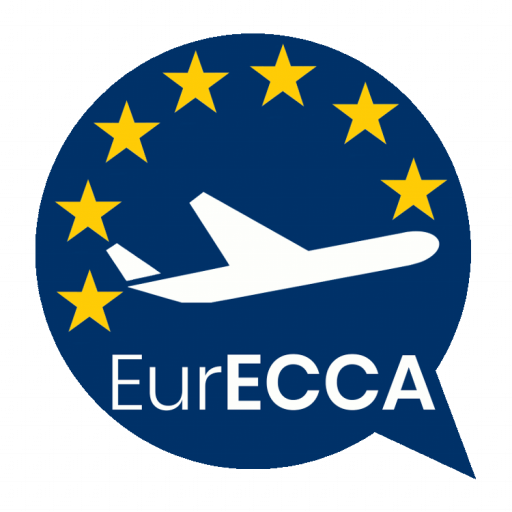CEN meeting on cabin air quality in Brussels on April 20th 2015
Report on the CEN (Centre Européen de Normalisation) meeting on cabin air quality in Brussels on April 20th 2015
CEN/TC 436 “Project Committee – Cabin Air Quality on commercial aircraft – Chemical Agents”.
What is the issue?
Time and again incidents called „fume events“ occur on passenger aircrafts in which toxic substances enter the cabin. These events are caused by technical errors (often in moments of full power i.e. in the process of taking off and landing as well as during „load changes“ of the engines. Under certain circumstances these incidents are accompanied by odors which are, however, often not noticeable. Regarding the resulting damage to human health, acute symptoms and chronic symptoms have to be differentiated. An increasing number of crew members has complained about health issues following the incidents mentioned above. Additionally, several affected employees were able to furnish proof for long term health damage caused by intoxications on board during „fume events“.
CEN is the European committee of standardisation who is starting up a technical committee to set a standard on Cabin Air Quality.
Who are the players in the Technical Committee?
For each country there is a representative of the aviation industry (Airbus, Dassault), associations representing employees in the airline industry, and a representative of the various national authorities.
EurECCA has applied for an observer position. This means that we would be able to participate in the technical working groups, although without voting rights. Our application has been accepted, but has to be voted upon by all 33 national authorities active in the CEN. The voting procedure will take 4 weeks. Other associations such as the European Cockpit association (ECA) or the Global Cabin Air Quality Executive (GCAQE) have also applied.
Technique or politics?
The process in the technical committee of the CEN sounds like a very technical topic. But this topic is also highly political because it is unimaginable for the industry to admit they have for many years been using oil components which may affect the health of crew members and passengers. We can easily imagine the economic consequences of such revelations. So behind the official technical work in the committee the real discussion might well be between scientists paid by the various stakeholders on the effects of the fumes on crew and passengers.
After a long day the chairman of the CEN meeting proposed to slightly modify the assignment of the technical committee to try and meet everybody’s wishes and he decided to form 4 working groups to address all the work. In 4 weeks time we will know if we are accepted as a observer in this process and the real work can begin.
Annette Groeneveld
Christoph Drescher
Xavier Gautier
Executive committee of EurECCA


